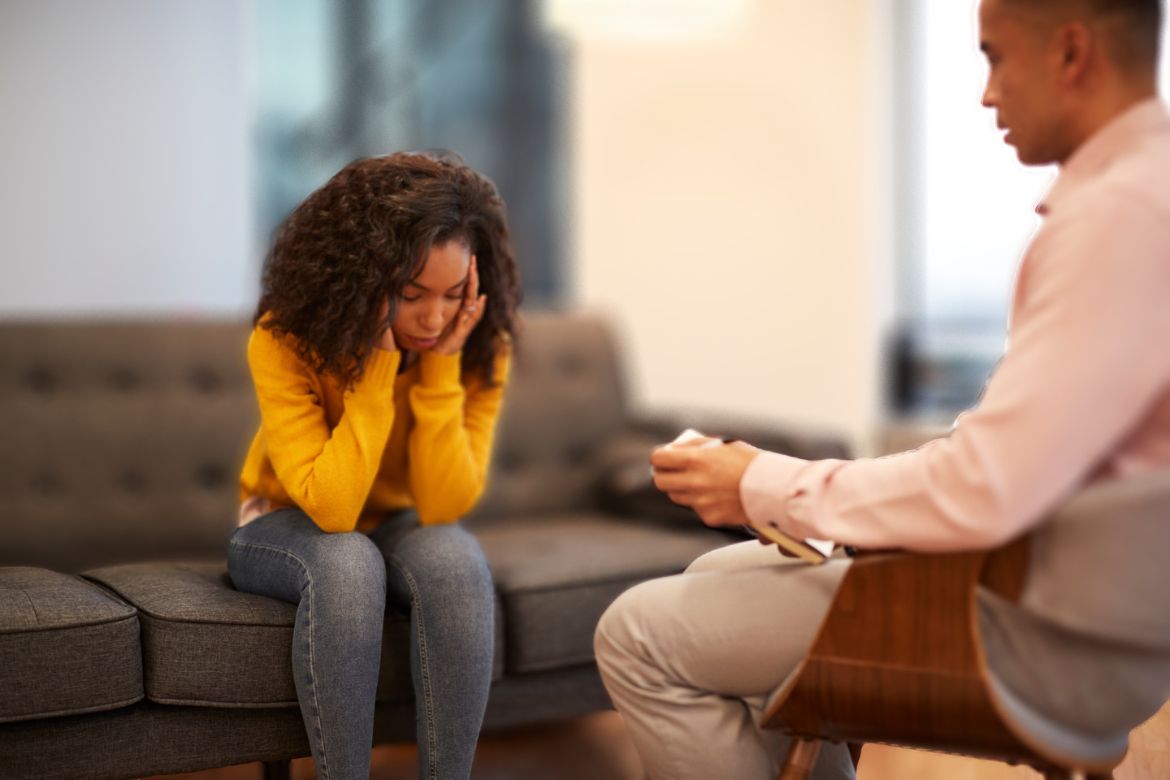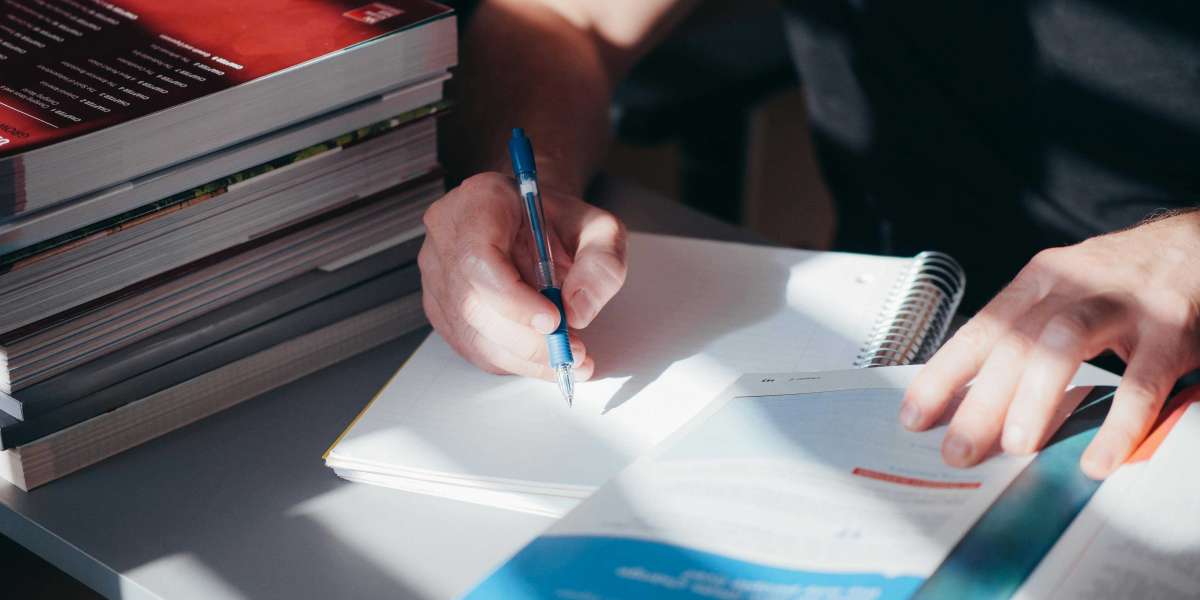From the bustling streets of Sydney to the serene outback, "Australia counselling" services are accessible and tailored to local needs. This article delves into the essentials of counselling in Australia, its benefits, available options, and how to get started. Whether you're dealing with stress from work, family issues, or cultural transitions, professional counselling can provide the tools for a healthier mind.
The Landscape of Mental Health in Australia
Australia boasts a robust mental health system, supported by government initiatives like Medicare and Beyond Blue. Counselling, a key component, involves talking therapies delivered by qualified psychologists, counsellors, or therapists to address emotional distress, relationships, or personal development.
With one in five Australians experiencing mental health issues annually (according to the Australian Bureau of Statistics), counselling is increasingly normalised. Services are culturally sensitive, incorporating Indigenous perspectives through organisations like the Australian Indigenous HealthInfoNet. Urban centres like Melbourne and Brisbane offer abundant options, while rural areas benefit from telehealth expansions post-COVID, ensuring no one is left behind.
Key Benefits of Seeking Counselling in Australia
Engaging in counselling offers profound advantages, backed by evidence from bodies like the Australian Psychological Society (APS). It can alleviate symptoms of anxiety and depression, improve relationships, and boost resilience against stressors like bushfires or economic pressures.
Local counsellors understand Aussie-specific factors, such as the laid-back yet high-pressure "no worries" culture masking deeper issues. Benefits include better work-life balance—crucial in a nation with high burnout rates—and enhanced physical health, as therapy reduces stress-related ailments. Medicare rebates make it affordable, subsidising up to 10 sessions per year for eligible individuals, leading to cost savings and higher engagement rates compared to unsubsidised care.
Types of Counselling Services Available
Australia's counselling scene is diverse, catering to various needs through evidence-based approaches:
- Cognitive Behavioural Therapy (CBT): Widely available via GPs referrals, effective for phobias, OCD, and everyday anxiety. Popular in clinics across Perth and Adelaide.
- Acceptance and Commitment Therapy (ACT): An Aussie favourite, developed with local influences, focusing on mindfulness and values-driven living—ideal for chronic pain or life transitions.
- Trauma-Focused Therapies: Including EMDR, offered in specialised centres for veterans or bushfire survivors, with support from Veterans' Affairs.
- Couples and Family Counselling: Through Relationships Australia, addressing divorce rates or family dynamics in multicultural households.
- Indigenous and Culturally Tailored Counselling: Services like those from the National Aboriginal Community Controlled Health Organisation (NACCHO) incorporate Dreaming stories and holistic healing.
Bulk-billing options and NDIS funding for disabilities expand access, with many providers offering online sessions for remote communities.
How to Access Australia Counselling Services
Finding counselling is straightforward with these steps:
- Start with Your GP: Obtain a Mental Health Treatment Plan (MHTP) for Medicare rebates—essential for subsidised sessions.
- Use Directories and Apps: The APS Find a Psychologist tool, Headspace for youth, or Beyond Blue's resources allow searches by postcode, specialty, and language.
- Helplines and Hotlines: Call Lifeline (13 11 14) or MensLine Australia (1300 78 99 78) for immediate referrals and crisis support.
- Online Platforms: Services like BetterHelp Australia or local apps connect you to accredited professionals, with filters for LGBTQ+ friendly or faith-based counselling.
Consider costs ($150–$250 per session, rebated to $80–$130), credentials (e.g., PACFA registration), and wait times—private practices often faster than public ones.
What Happens in a Counselling Session
Your first session, often called an assessment, involves discussing your concerns in a confidential setting. Expect questions about your history, goals, and any medications. Sessions last 50–60 minutes, focusing on building rapport.
Counsellors use active listening and techniques suited to you—no judgment, just support. Follow-ups track progress, with homework like journaling common in CBT. If it's not a fit, switching is encouraged; the APS reports better outcomes with good therapist-client matches.
Addressing Barriers to Counselling in Australia
Common hurdles include stigma, especially in regional areas or among men, but campaigns like R U OK? Day are changing that. Distance? Telehealth via Zoom is now standard, funded under Medicare.
Affordability is eased by subsidies, Employee Assistance Programs (EAPs) through workplaces, or free services at community health centres. For migrants, translators are available. Remember, early intervention prevents escalation—data from Black Dog Institute shows therapy halves suicide risk factors.
Conclusion: Embrace Counselling for a Brighter Future
Australia Counselling is a gateway to mental wellness, blending world-class expertise with local empathy. With accessible resources and a supportive framework, taking that first step can transform your life. If you're ready, consult your GP or visit beyondblue.org.au today. In a country that values mateship, seeking help is the ultimate act of self-care—reach out and thrive.









